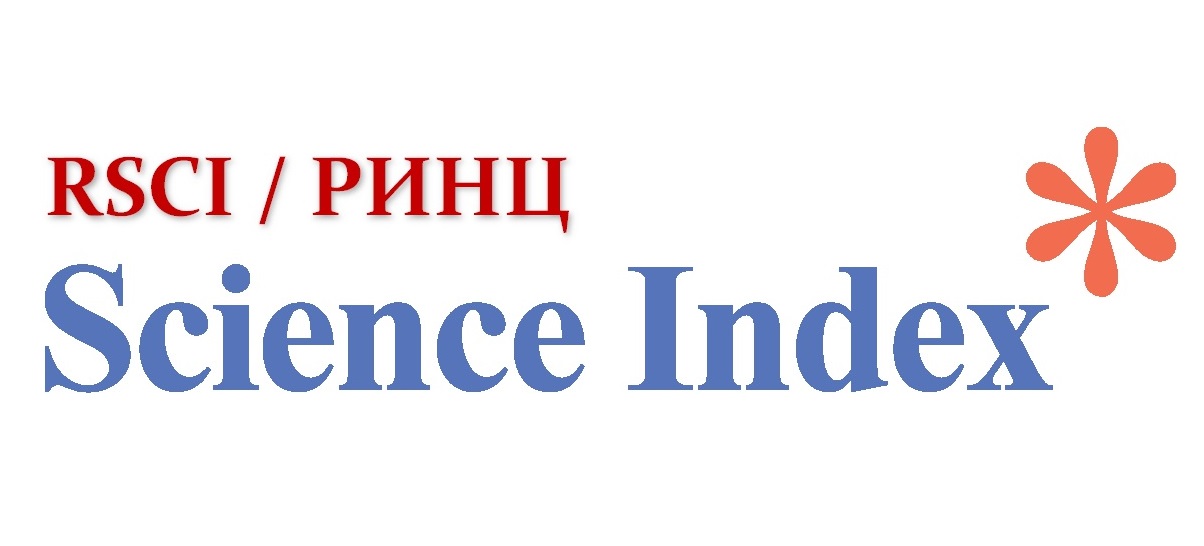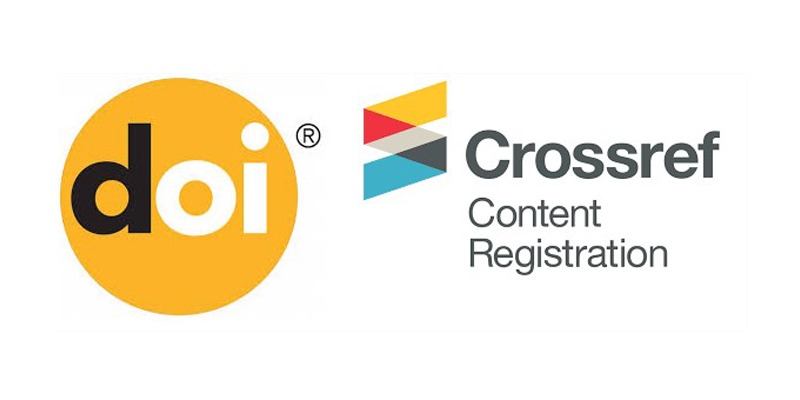Navigating Health Insurance Economics: A Data-Driven Approach to Enhanced Pricing in the United States
Views: 639 / PDF downloads: 364
DOI:
https://doi.org/10.32523/2789-4320-2024-2-280-293Keywords:
health insurance, healthcare, pricing, data analyticsAbstract
This study delves into the dynamics of healthcare spending in the United States, revealing a considerable financial commitment that hasn't translated into commensurate health outcomes. With healthcare costs reaching $4.3 trillion in 2021, driven by factors such as an aging population and escalating service prices, the nation confronts challenges to its fiscal health. [13] The analysis extends to the intricacies of U.S. health insurance pricing, critiquing the existing system's complexity and opacity while drawing comparisons with approaches in other developed countries. Amid criticisms of profit-centric motives in the private sector, the study prompts discussions on potential reforms, learning from international experiences. Additionally, the study explores the transformative potential of data analytics in health insurance pricing, emphasizing its role in enhancing fairness and competitiveness. However, ethical considerations, including privacy, data security, and potential biases, underscore the need for a delicate balance between leveraging data-driven insights and responsible practices.[11] The results of the study may be of great interest to specialists from the point of view of the further development of the compulsory social health insurance system in the Republic of Kazakhstan.
Downloads
Downloads
Published
How to Cite
Issue
Section
License
Copyright (c) 2024 Gulmira Nasyrova, Aikerim Belispaeva

This work is licensed under a Creative Commons Attribution-NonCommercial 4.0 International License.






